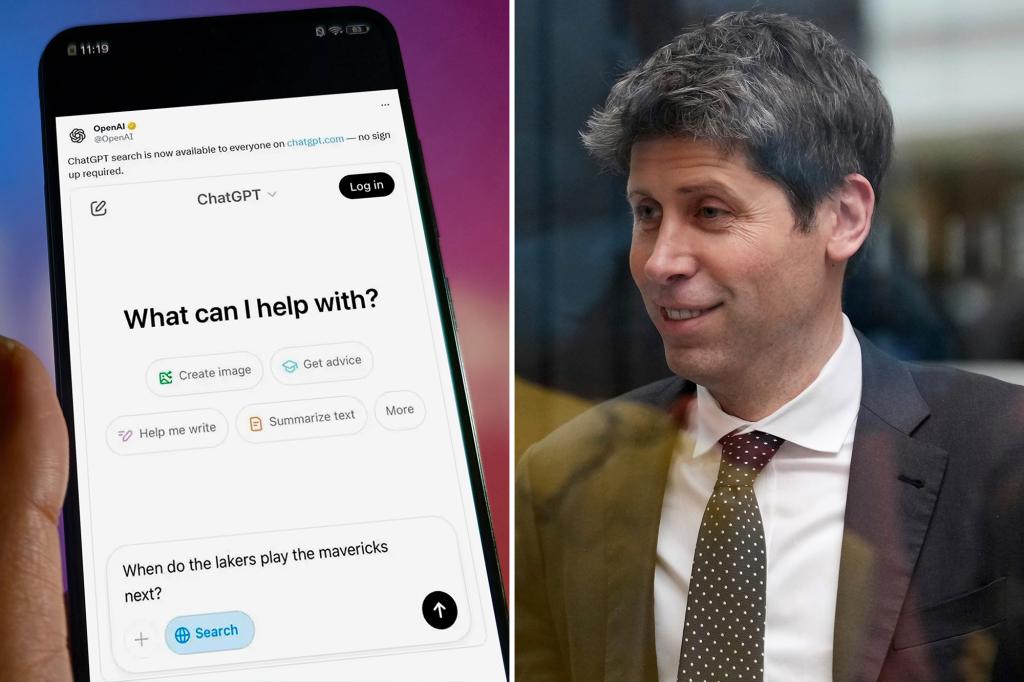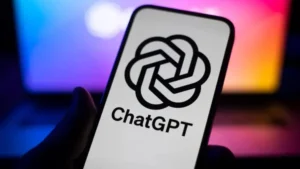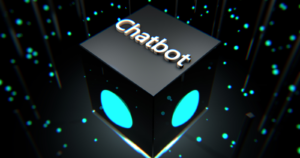Expressing Gratitude and Politeness to ChatGPT Can Result in High Costs, According to OpenAI

The Cost of Courtesy: Sam Altman’s Insights on AI Interactions
Sam Altman’s Revelation on AI Interactions
OpenAI’s CEO, Sam Altman, recently brought attention to an intriguing aspect of using AI technology like ChatGPT. He shared that basic polite language, such as saying "please" and "thank you," can lead to significant operational costs for the company, mainly in terms of electricity usage. This comment arose from a question on the social media platform X, where a user inquired about the financial implications of politeness when engaging with AI.
Altman mentioned that the losses from these courteous interactions amount to "tens of millions of dollars well spent." Though he did not elaborate extensively, he hinted at the unpredictable nature of AI interactions, emphasizing the potential benefits of such politeness.
How ChatGPT Operates
ChatGPT and similar chatbots function using large language models (LLMs). These models are supported by substantial computational resources, mainly found in data centers. The backbone of this technology consists of thousands of high-performance graphics processing units (GPUs), which facilitate rapid data processing.
These GPUs perform parallel computations to process user prompts and generate responses almost instantaneously. The energy required to power these expansive data centers is massive. Reports suggest that producing a single AI-generated response can consume approximately 0.14 kilowatt-hours (kWh) of energy. For perspective, this amount of energy is equivalent to illuminating 14 LED bulbs for an hour.
Widespread Implications of Energy Use
As chatbots are increasingly used around the world, the aggregate energy consumption becomes significant. Current estimates indicate that global data centers contribute roughly 2% of the total electricity usage. With the rise in demand for AI applications, experts warn that this percentage may escalate as more generative AI services gain popularity.
The Positive Impact of Politeness
While some may dismiss courteous language with AI as unnecessary, many specialists in artificial intelligence argue that politeness can enhance the quality of interactions. Kurtis Beavers, a design team director at Microsoft Copilot, is one advocate for respectful prompts. He posits that using polite language fosters a collaborative atmosphere, leading to more constructive outputs from AI systems.
According to Beavers, polite language doesn’t just represent good manners but also actively shapes the nature of the responses generated by AI, leading to more engaging and respectful dialogues. Microsoft WorkLab has also noted that when AI tools recognize politeness in user prompts, they are more likely to respond in kind.
The Growing Trend of Courteous AI Interactions
The trend of using polite language when interacting with AI has become increasingly prevalent. A 2024 survey indicated that about 67% of American users typically incorporate courteous phrases during their interactions with chatbots. Among these respondents, 55% believe that being polite is ethically right, while a humorous 12% suggest that courteous exchanges serve as a safeguard against hypothetical AI malfunctions.
Politeness in AI interactions continues to evolve, with many users embracing respectful communication not only out of habit but also as a means of promoting positive experiences while using these advanced technologies. The conversation surrounding the cost of politeness highlights both the significance of courteous behavior and the broader implications of artificial intelligence on energy consumption and operational economics.






